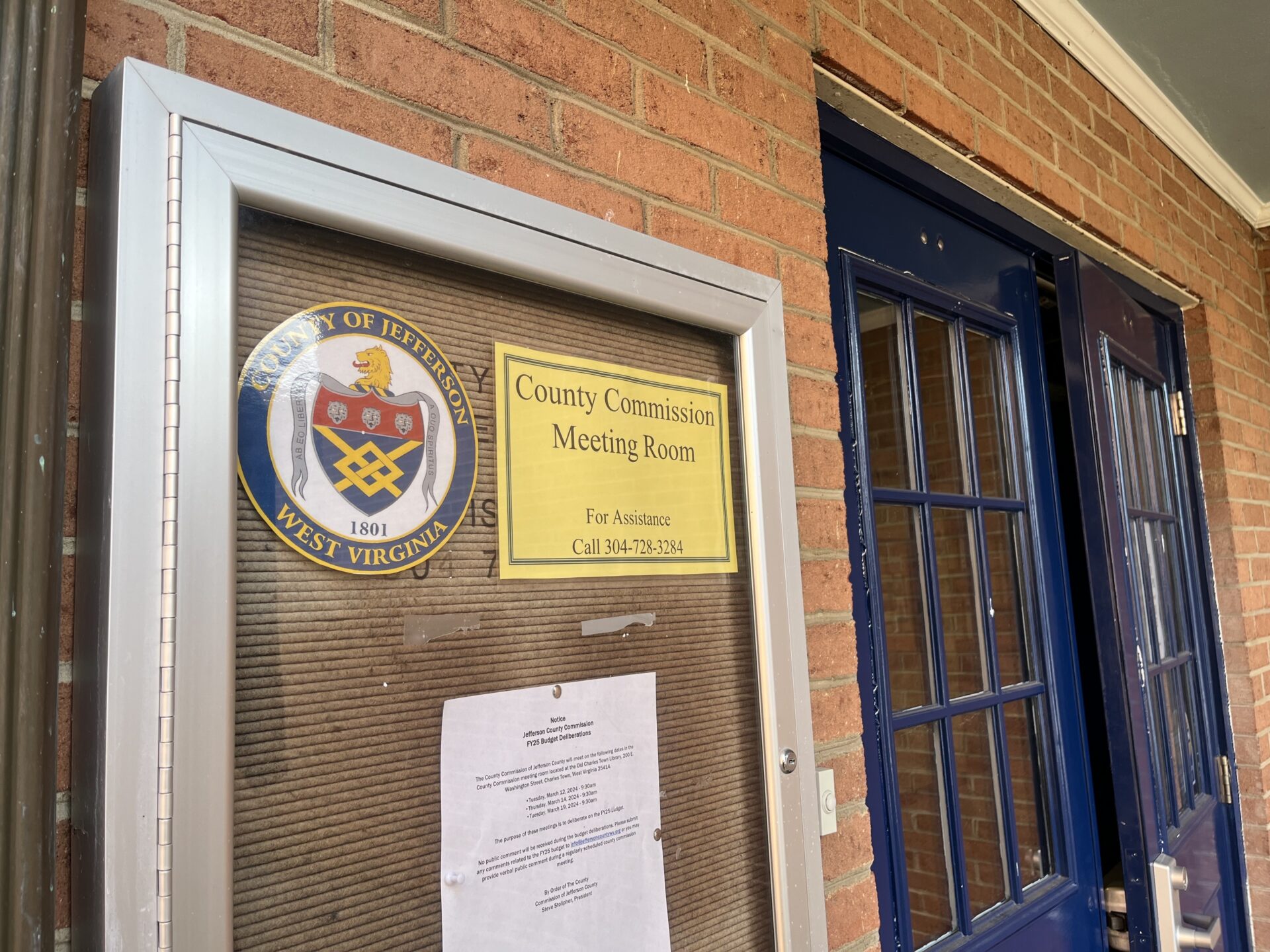A West Virginia circuit court removed two members of the Jefferson County Commission from office Wednesday.
From September to November 2023, Commissioners Tricia Jackson and Jennifer Krouse refused to attend meetings to protest vacancy proceedings, while still collecting their paychecks. This left the commission regularly unable to meet quorum and conduct business.
The controversy began when a sitting commissioner stepped down last June. Per vacancy protocols, the Jefferson County Republican Executive Committee put forth three candidates to fill the seat, but Krouse expressed criticism on Facebook over their selections.
“Too many of the elected ‘Republicans’ in West Virginia seem to be either incompetent, self-interested, closeted liberals, or some combination thereof,” she wrote.
Jackson and Krouse, then both Republicans, refused to attend meetings until vacancy discussions ceased. They ended their protest last November, after a judge ordered them to resume attending meetings.
Still, Jefferson County Prosecuting Attorney Matt Harvey, also a Republican, filed a petition in the Jefferson County Circuit Court to remove the commissioners from office last November.
In the petition, Harvey wrote that Jackson and Krouse “willfully blocked the commission from performing its mandatory statutory duty,” because they could not meet quorum to host meetings.
During their absence, the commission was unable to hire new 911 dispatchers, provide grant funding to victim advocates or apply for funds to improve the county courthouse, the Associated Press previously reported.
A decision reached by the circuit court Wednesday agreed with Harvey’s claims, stating that the commissioners’ willful absence marked either “official misconduct” or a “neglect of duty.”
The court order immediately removed Jackson and Krouse from office, and required that they forfeit “records, papers and property of their office,” including the login information for email accounts used to conduct commission business.
Jackson, Krouse, Harvey and sitting Commission President Stephen Stolipher did not respond to requests for comment on this story.
But Jackson — a current candidate for state auditor — expressed vehement disapproval over the decision on Facebook, likening her removal from office to the current legal upheaval facing former President Donald Trump.
“The people of Jefferson County are witnessing an injustice. The entire system is being exposed,” she wrote. “The lawfare (sic) attacks on President Trump that we are witnessing on the national level are now happening in West Virginia. Just like with President Trump, my opponents have weaponized the legal system.”
Jackson said her attorney would file an immediate appeal over the decision.
Meanwhile, Krouse has not shared public comments to social media regarding her removal. On April 22, she cut ties with the Republican Party, changing her affiliation to the progressive West Virginia Mountain Party.
With two of its seats now vacant, the commission will soon undergo vacancy protocols like those that began in June. The commissioners’ parties will have the opportunity to nominate candidates to fill their seats, and members of the commission will vote for a candidate to assume the roles.
At this time, party officials say it is unclear whether candidates to fill Krouse’s former seat will be selected by the Republican Party or the Mountain Party.
Representatives from the Mountain Party said they are awaiting a clarification from the Secretary of State’s office, and representatives from the Jefferson County Republican Executive Committee did not immediately respond to request for comment.
